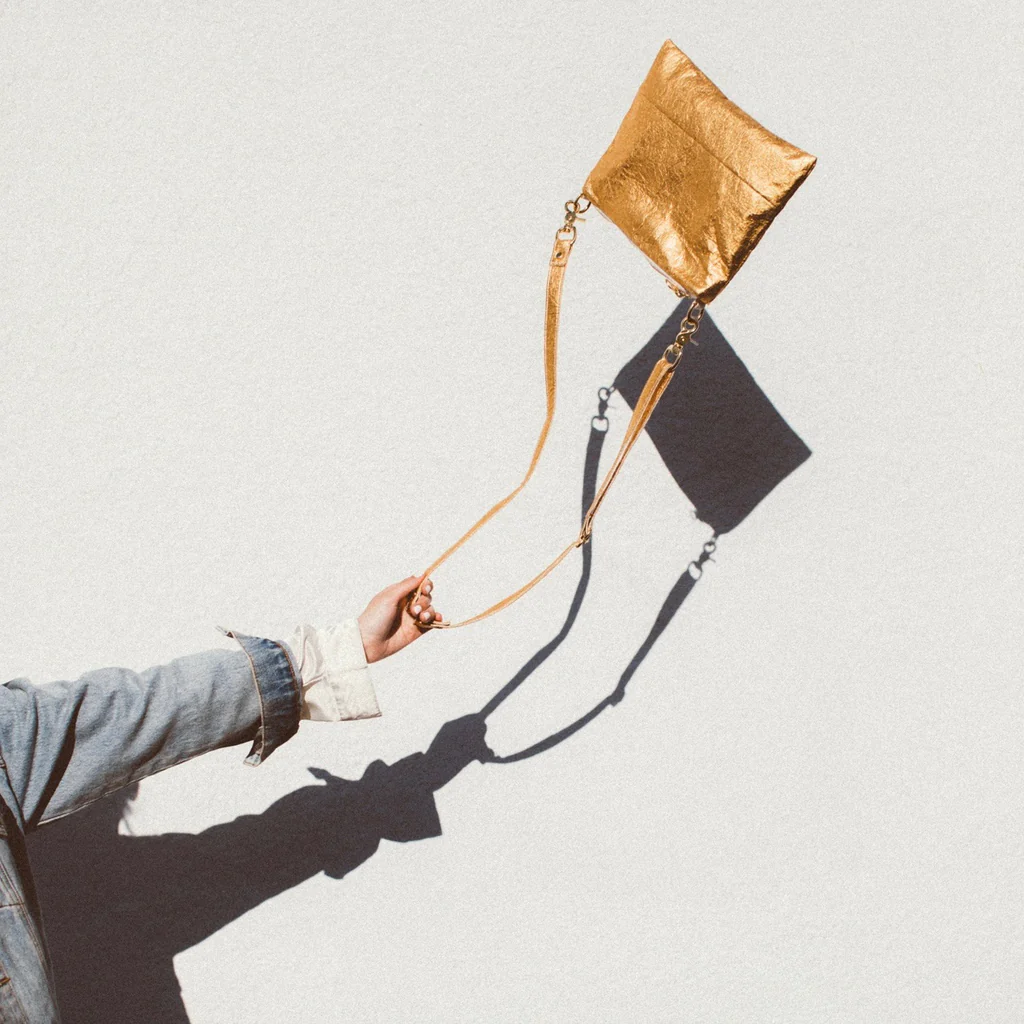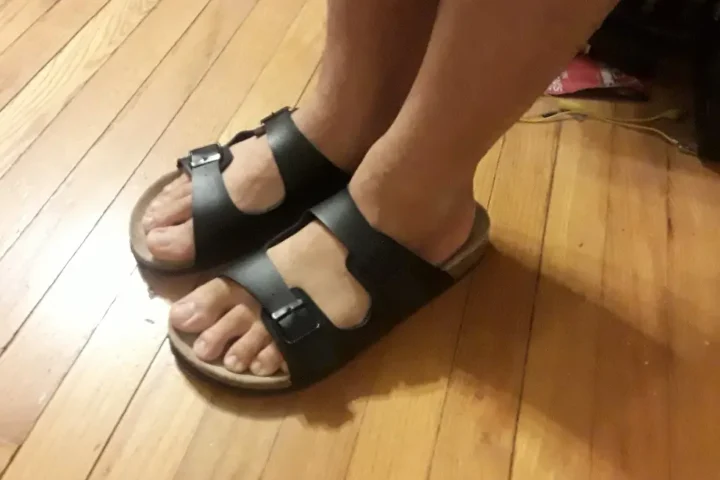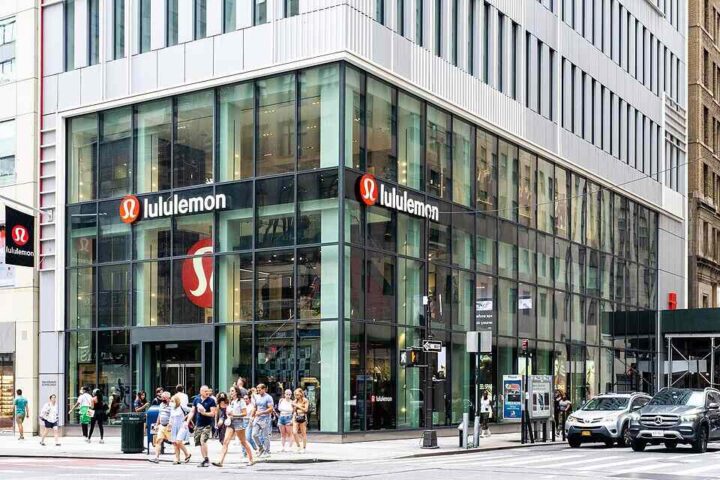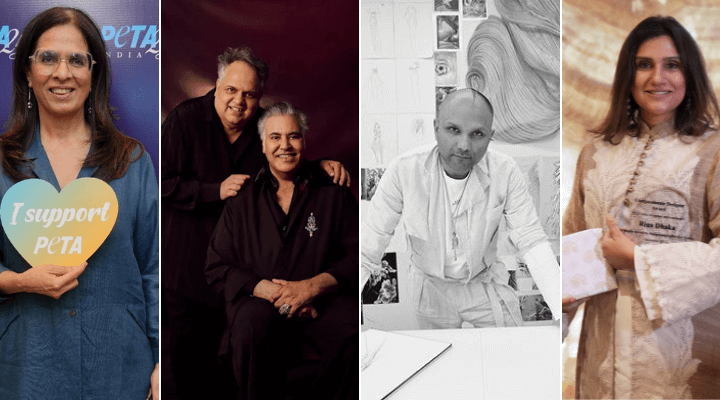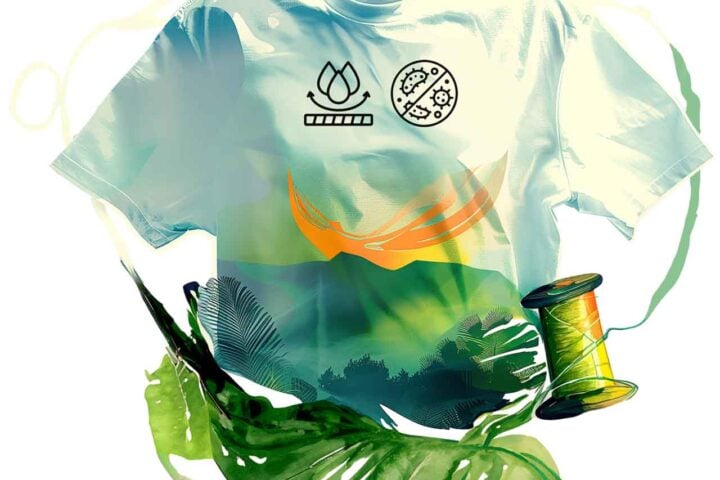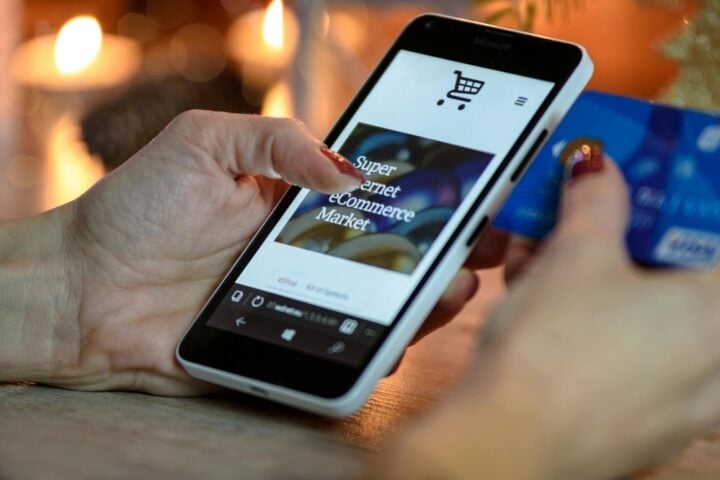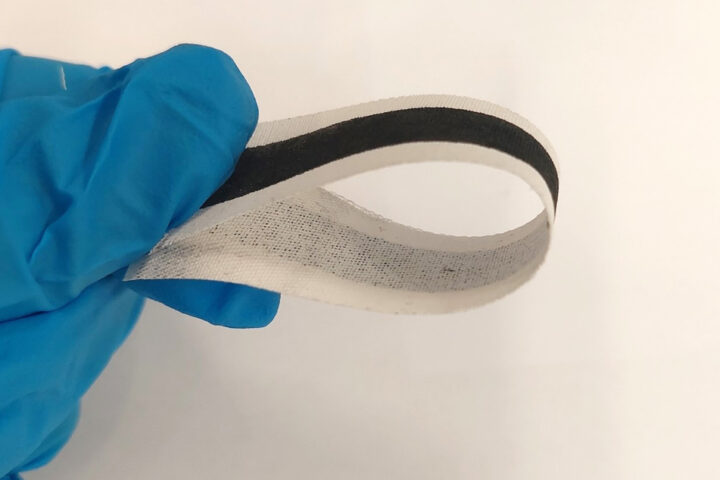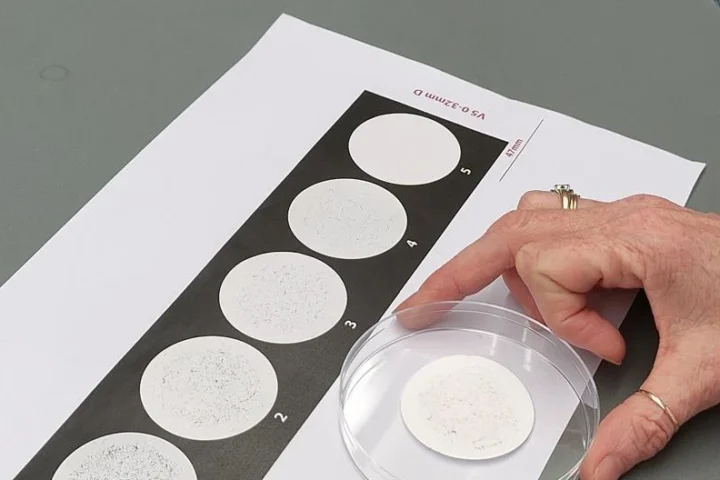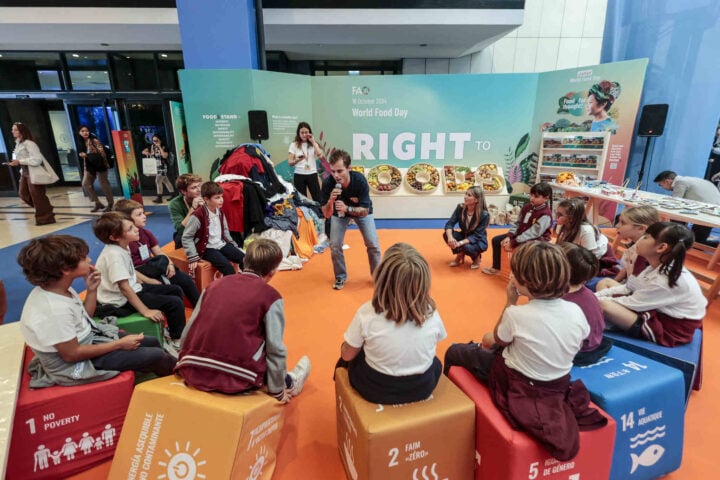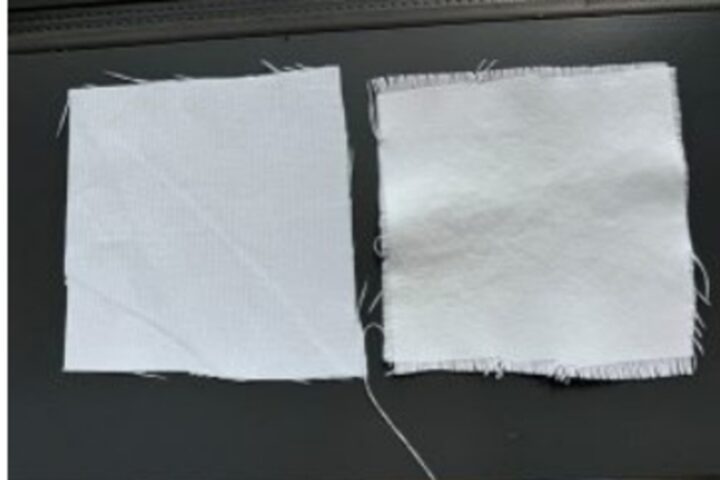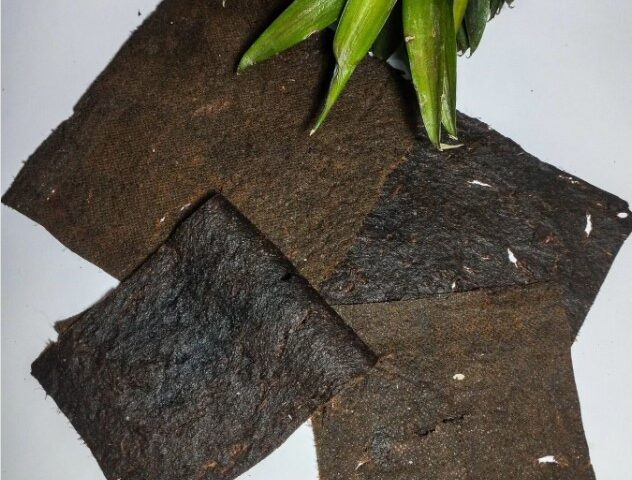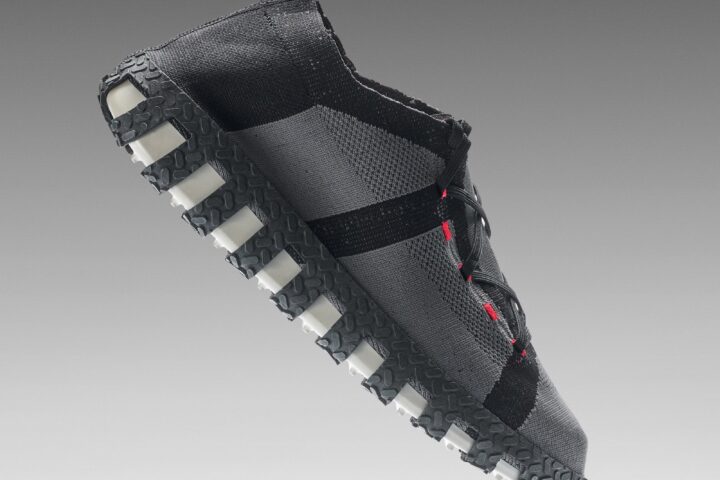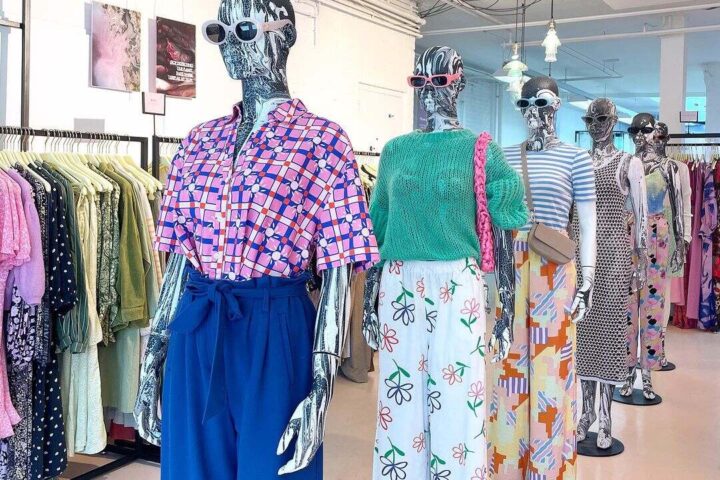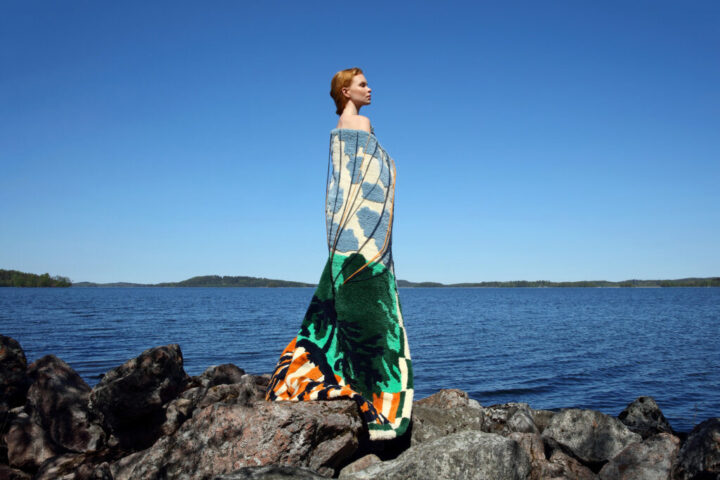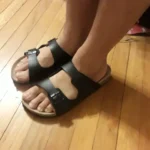In an innovative step towards a more sustainable future, Dole Packaged Foods, Rais Case, and Ananas Anam have formed a groundbreaking partnership to transform agricultural waste into eco-friendly fashion products. Central to this collaboration is Piñatex, a vegan leather made from pineapple leaf fibers.
“Design is not just about a product. Design is about responsibility.”
— Dr. Carmen Hijosa
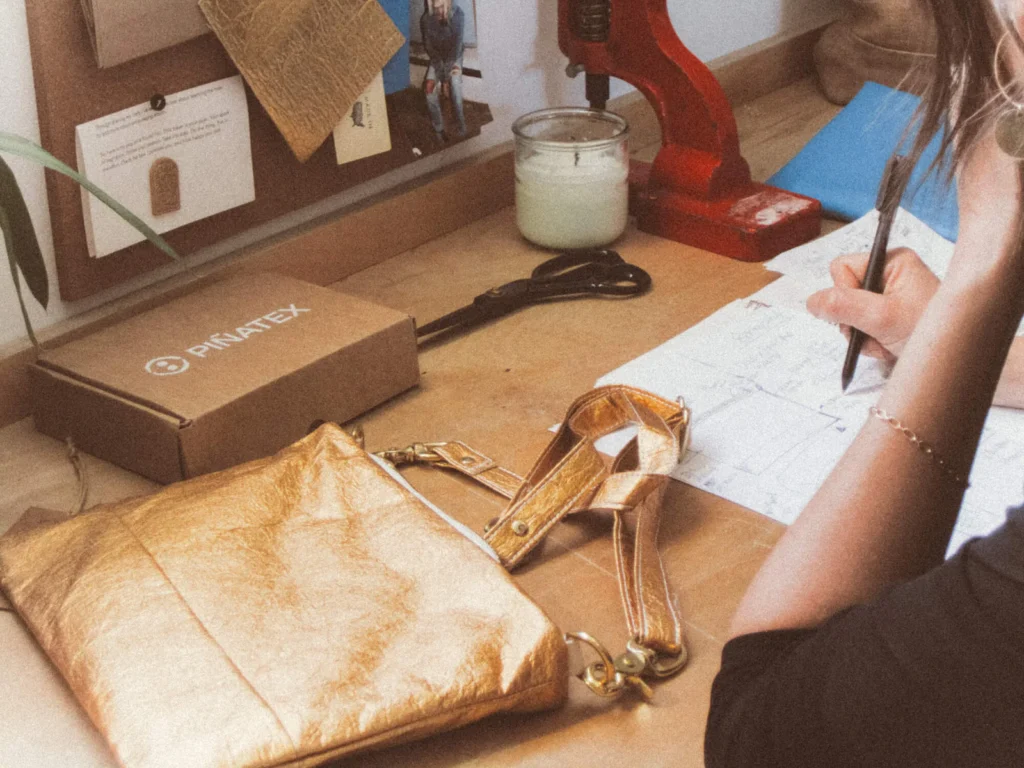
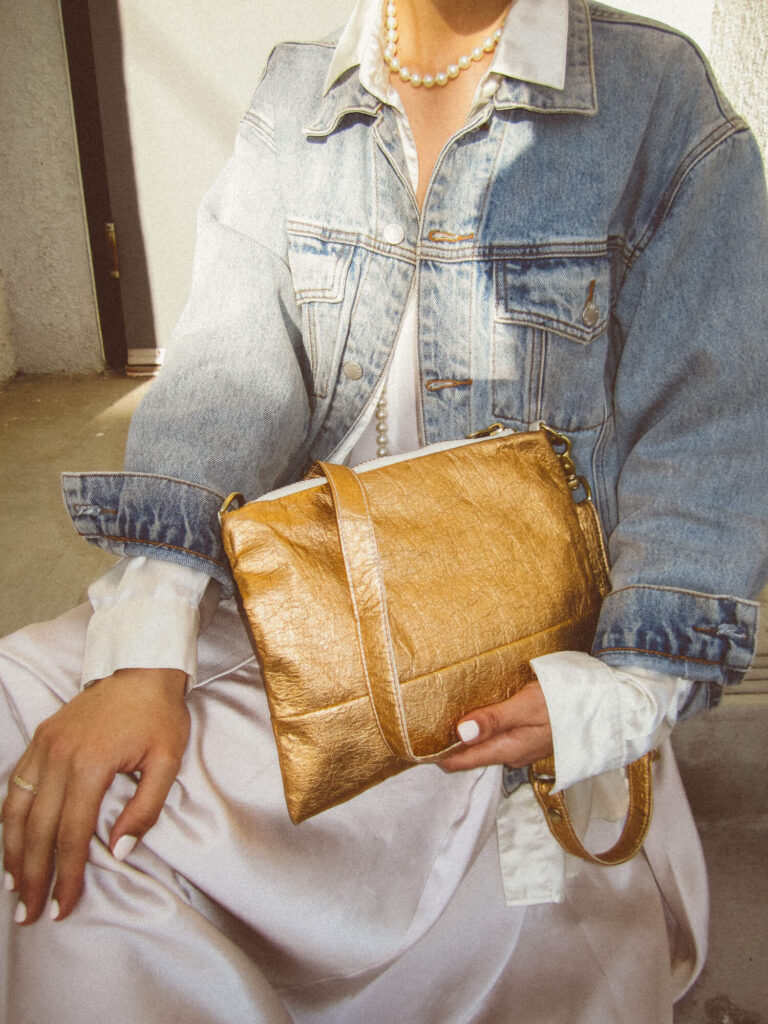
The story behind this pineapple plant is about the personal journey of Carmen Hijosa, a Spanish entrepreneur who founded Ananas Anam, the company that produces Piñatex. Throughout the beginning of her career, she traveled to developing countries in search of the best leathers for top high brands. But very quickly, she realized the ecological and social damage this was having on the environment and to the thousands of underprivileged women and men behind the making. This led her to design Piñatex, working closely with local farmers in the Philippines to create a circular economy within her company.
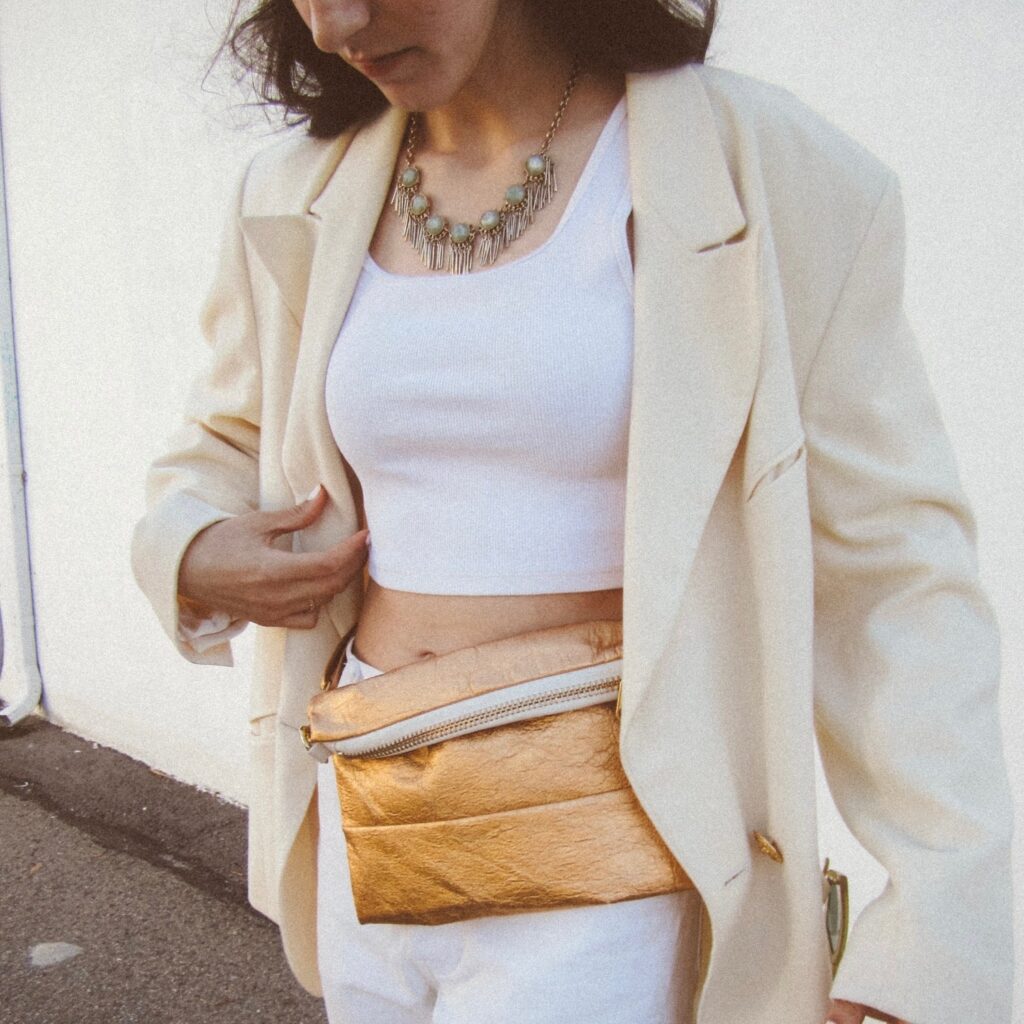
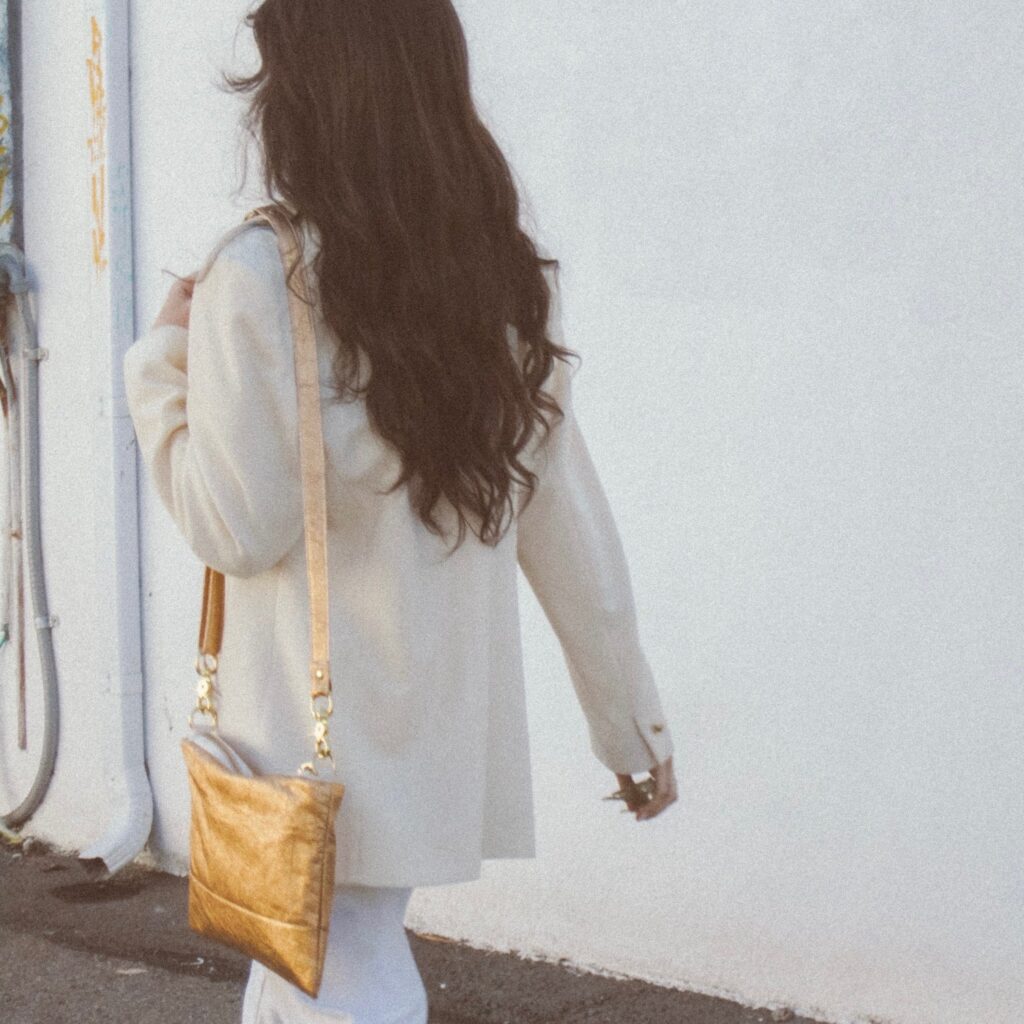
Years later, two more companies teamed up with Ananas Anam to create a beautiful solution to organic waste. These are Dole Packaged Foods, a leader in fruit and vegetable products, and Rais Case, an eco-conscious fashion brand. Dole produces three tons of pineapple leaves at their farms in the Philippines, making it a critical partner for Ananas Anam in sourcing fibers to begin the textile-making process. On the other hand, Rais Case creates handbags rooted in responsible business practices. Using Piñatex to make the limited-edition Vida Bag aligns perfectly with their values.
Similar Post
Today, Piñatex is used by over 200 brands in 80 countries. Hugo Boss and Nike have already incorporated this vegan textile into their product lines. Having such high-end brands introduce pineapple leather is a huge leap in raising awareness about working together towards a greener planet because they have a huge global following. Hence, the NIKE x PIÑATEX Happy Pineapple collection won the Best Collaboration by PETA Fashion Awards in 2021.
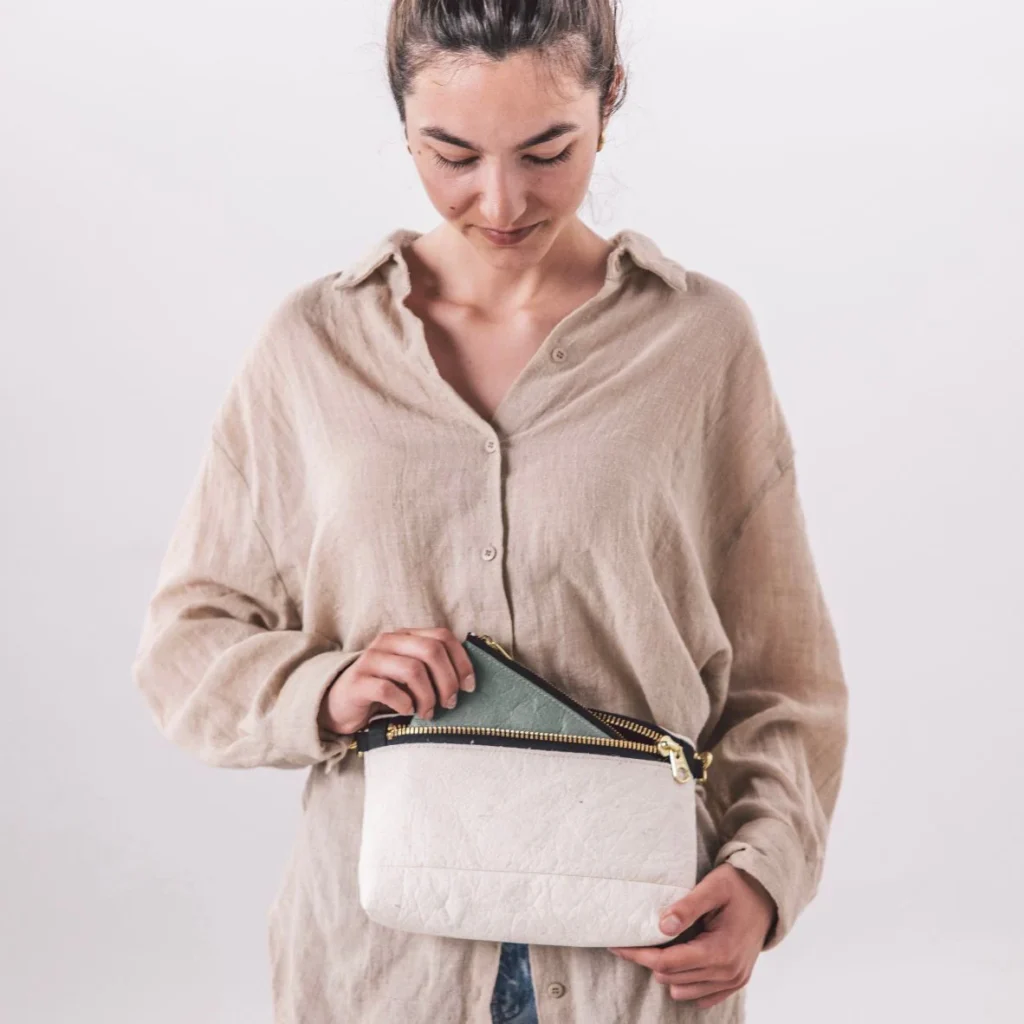
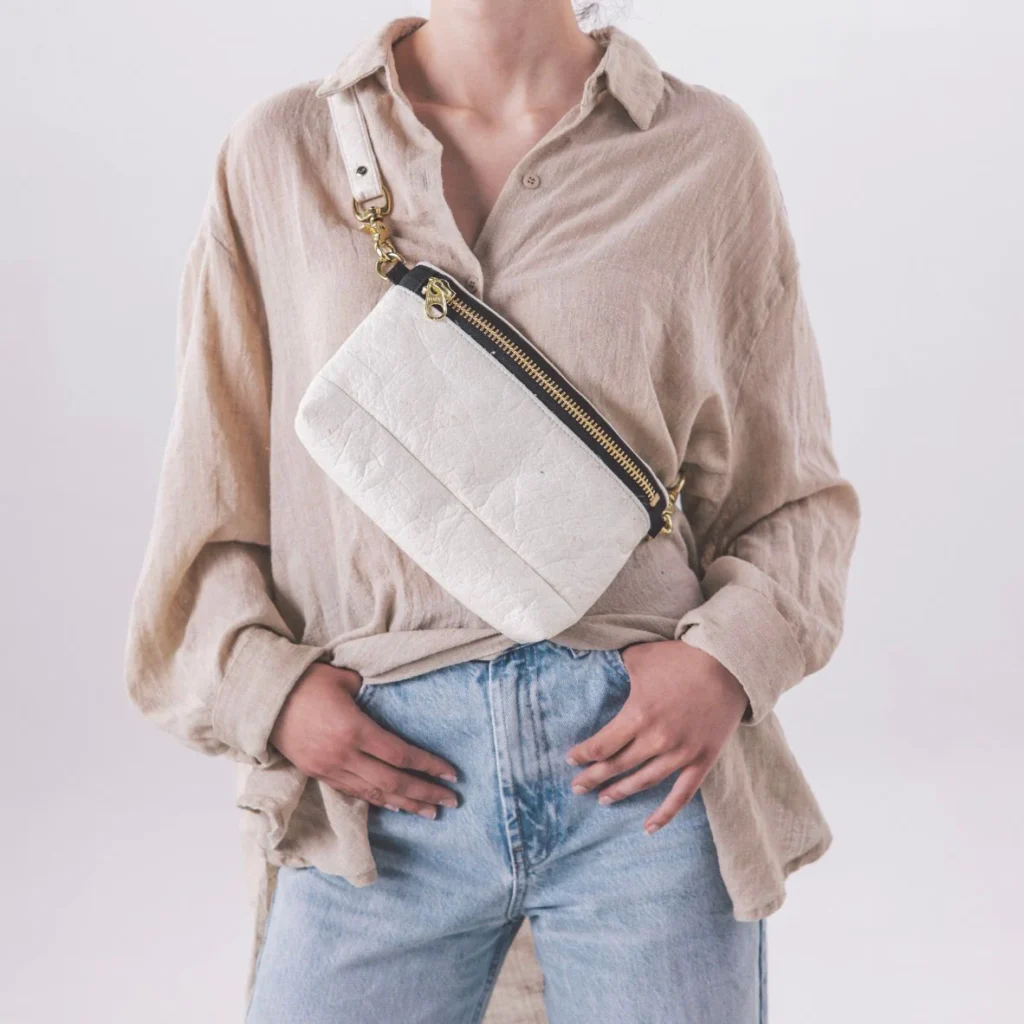
Did you know?
- Every year over 2.5 million tons of pineapple are grown in the Philippines.
- For every ton of pineapples harvested, 3 tons of leaves are wasted.
- When left to rot, this can create methane emissions over 20 times more harmful than CO2.
The environmental benefits of this alliance are manifold:
By repurposing pineapple leaves, Dole has achieved an 83% reduction in organic waste. Socially, it has helped developing countries create jobs for the farming community. Recycling pineapple waste provides additional income for local farmers, promoting economic stability and enhancing livelihoods.
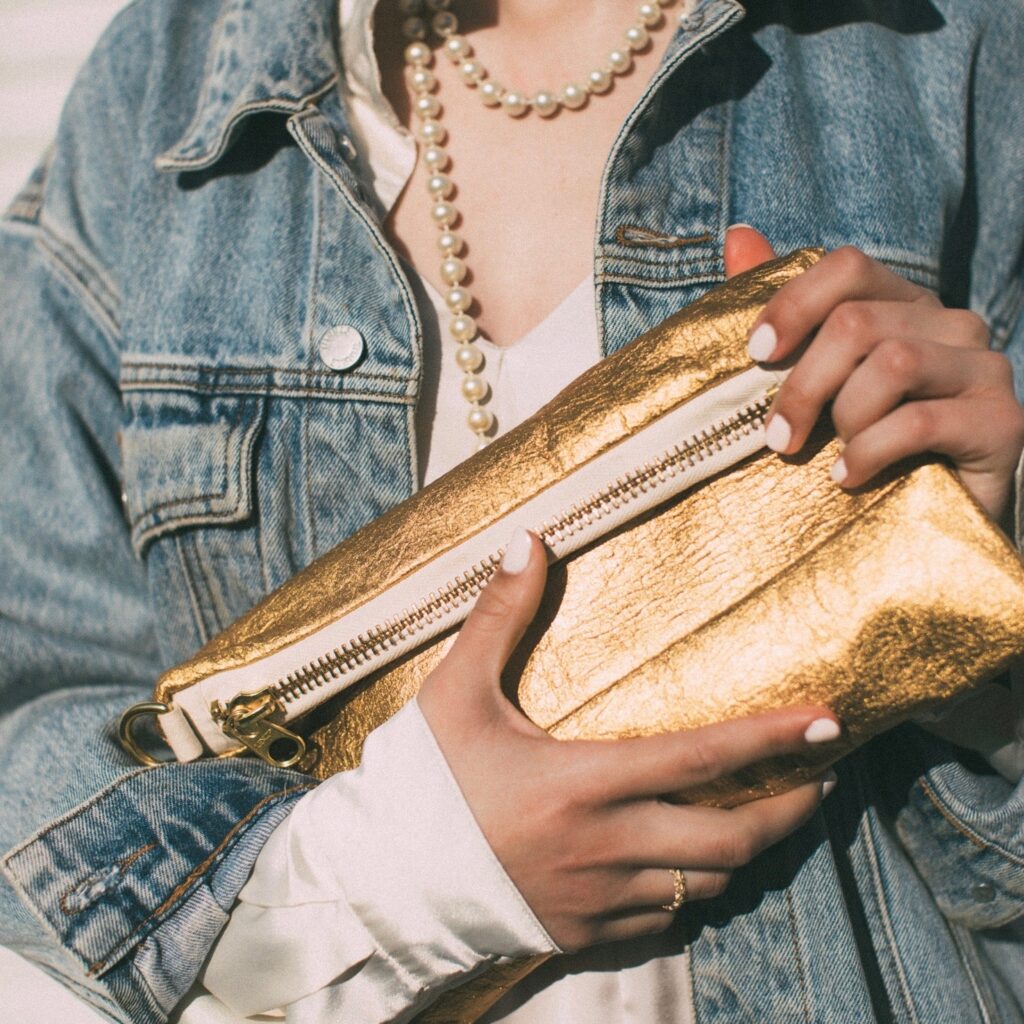
Despite its numerous benefits, the production and adoption of Piñatex are not without challenges:
- Two of its collections are coated with a water-based polyurethane resin, a non-biodegradable type of plastic.
- Many of its products on the market are beyond reach for the everyday consumer. For example, H&M sold a Piñatex jacket for $299, and Hugo Boss produced Piñatex limited edition sneakers for nearly $350.
- Convincing traditional fashion brands to switch to alternative materials involves overcoming market inertia and consumer skepticism.
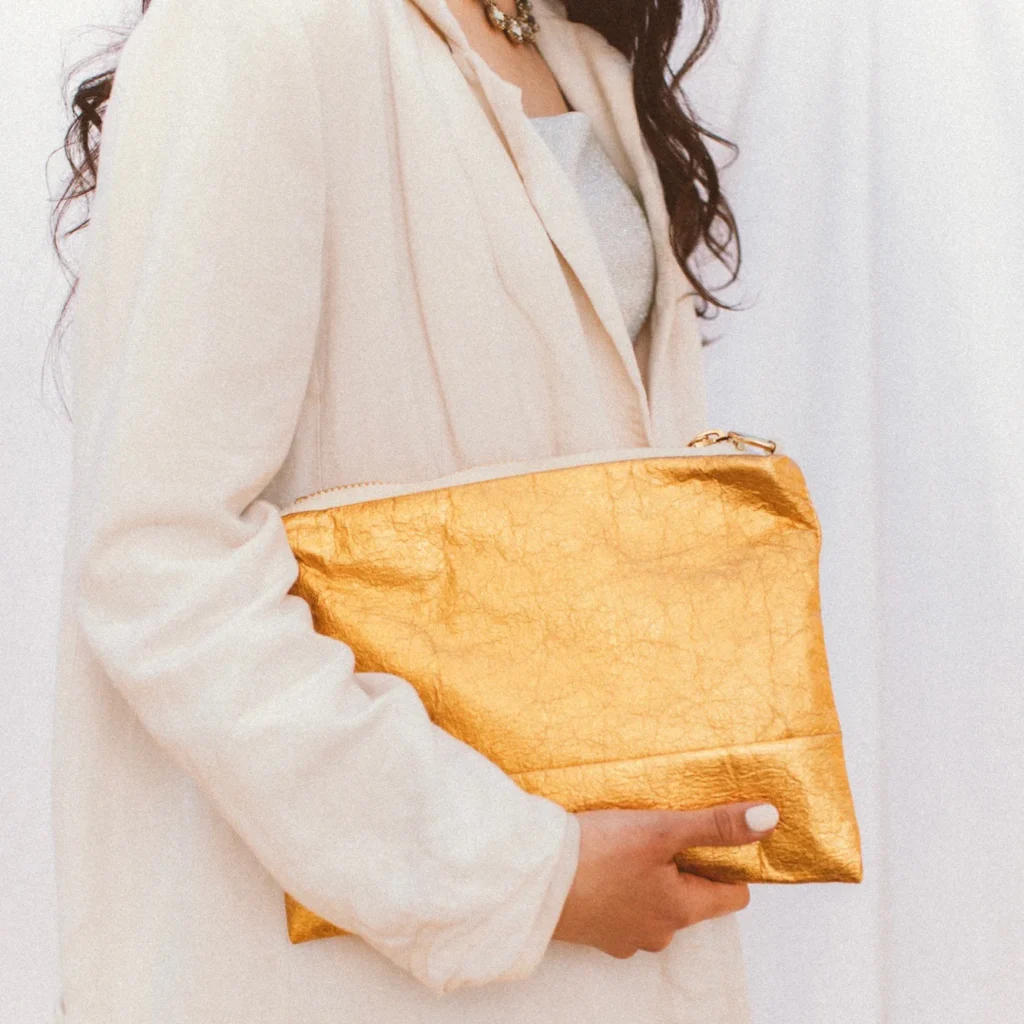
However, technological innovations have facilitated the production of Piñatex. The introduction of automated decorticating machines, which efficiently extract fibers from pineapple leaves, has streamlined the production process, making it more scalable and cost-effective.
Dr. Carmen Hijosa emphasizes the importance of sustainable practices in modern industries: “This holistic approach can redefine the fashion industry, reducing its environmental footprint and promoting social responsibility.” Julie Rais Ellis, founder of Rais Case, echoes this sentiment, stating, “We are constantly trying to find ways to create durable, timeless, repairable goods that generate zero waste and support a circular economy.”
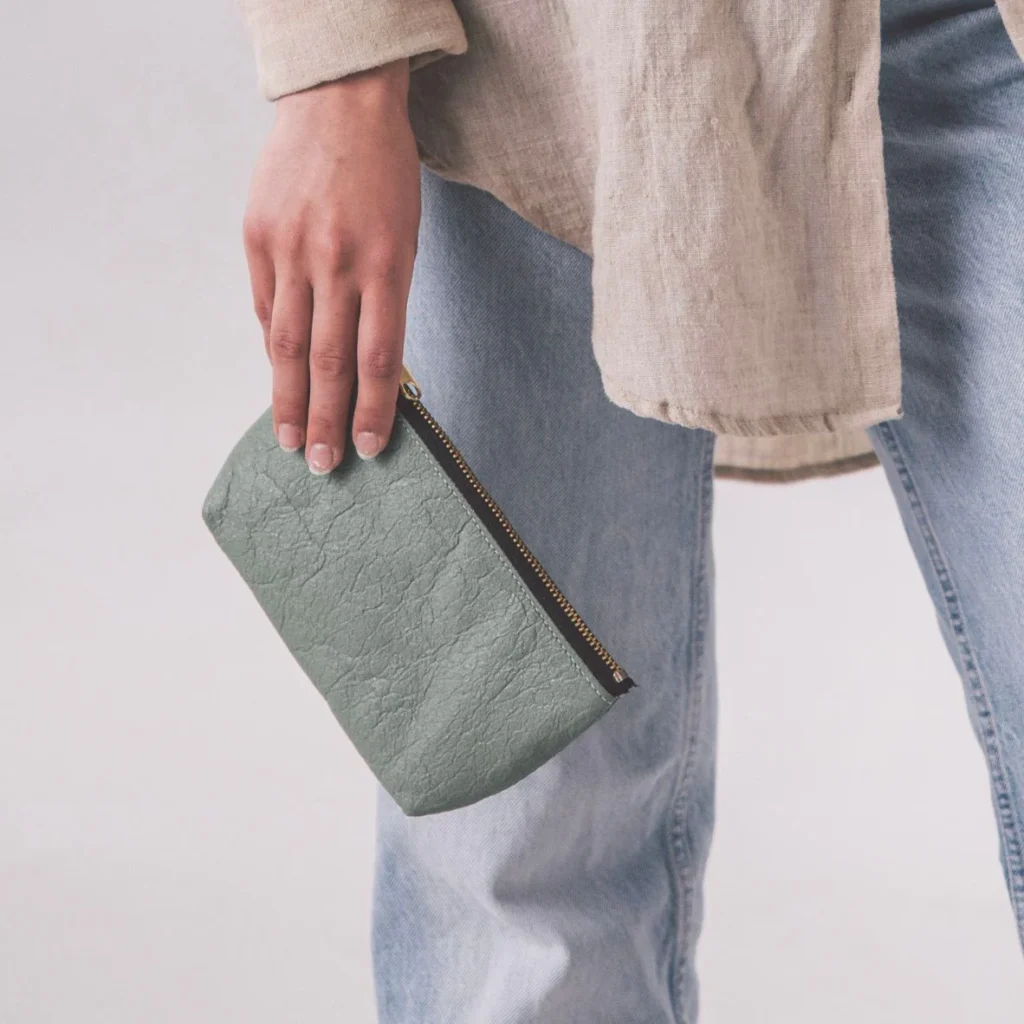
Finally, this collaboration is a demonstration of innovation and investigation by digging deeper and asking, “What gives a product value?” They have given value to something which we would otherwise consider “rubbish,” and have become responsible in its process. The three companies add social, ecological, and economic value to the making of their final products by thinking as a whole, by becoming self-aware. This partnership is changing the way we, as consumers, think about what we buy more carefully. In essence, your choices matter.
